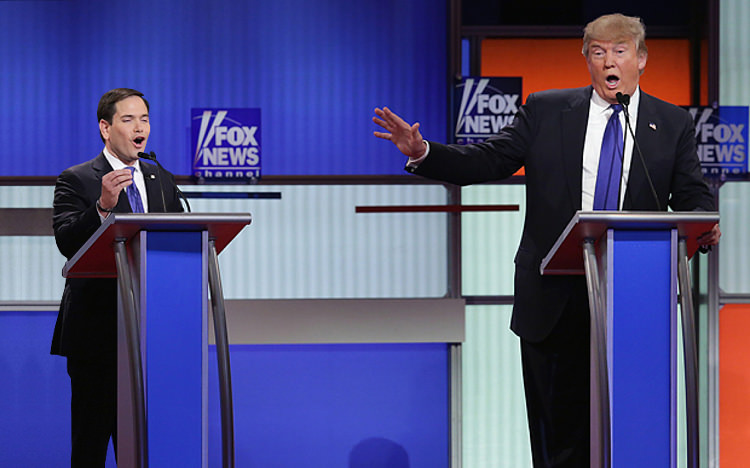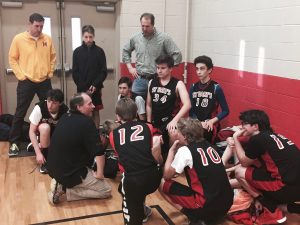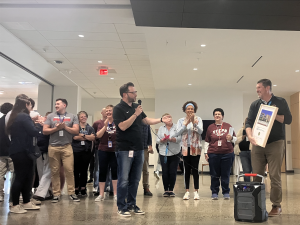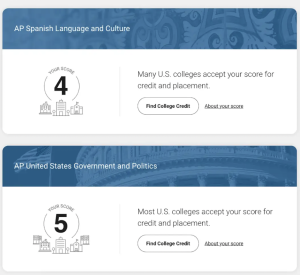Let’s try being civil to people we disagree with
Candidates Donald Trump and Michael Rubio debated for the Republican nomination in 2016. Trump called Rubio “Little Marco” in an effort to demean him. (Photo by T.J. Hawk, via Flickr)
November 12, 2018
I disagree with my classmate, Asher Marr, who sits across from me in AP Government, on nearly every political issue. Yet, we respect each other’s opinions. We engage in our class discussions without raising our voices. We explain our thinking, persuasively, but we don’t force it on anyone else. I might go to the Women’s March and he might go to the March for Life, and that disagreement is okay. It’s the foundation of our democracy.
Respect is missing from American politics—and sometimes that disrespect shows up at Mason. Students try to spark inflammatory arguments for the sole purpose of shouting their opinions. At Mason and in the real world, attacks on the media are an everyday phenomenon. A political opponent is no longer “Secretary Clinton” but “Crooked Hillary,” no longer “Senator Cruz” but “Lyin’ Ted.”
Just last week, name-calling turned into to actual violence when someone sent pipe bombs to the headquarters of CNN, and the homes of Hillary Clinton, Barack Obama, and Joe Biden, in a politically charged attack that rattled the nation.
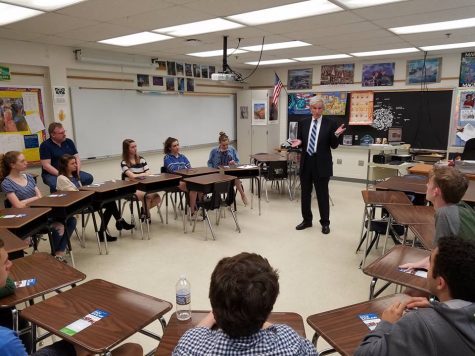
There is no reason for someone to send bombs to prominent members of the other party, or for someone to be so intolerant of others’ religious beliefs that they shoot up a synagogue.
The current political climate is normalizing partisan behavior that can escalate rapidly and dangerously. Freedom of speech and freedom of religion exist for a reason: in this country, you have the right to believe whatever you want to believe, so long as it doesn’t harm others. While politically charged violence is still uncommon, it is on the rise.
In AP Government class, I’m learning about the American model of government and how it is adapted to allow people to have an impact. We have Senators and Congressmen who specifically represent us. And we have State Senators and Delegates who are actively involved in our communities.
The most obvious way to become involved in the political process is not to resort to name-calling or putting bombs in the mail; it’s to vote.
Thanks to social media, it’s easier than ever to write to an elected official, to peacefully protest, or to be involved with a campaign or group you support. Student groups at Mason, like the Young Democrats or Teenage Republicans, make it possible to be involved in politics in the school community. At the Mustang Rodeo last November, there was a debate between the two student groups. And, last May, our state senator, Dick Saslaw, visited Mason’s Young Democrats for a Q & A session.
In short–there are boundless opportunities to become involved in politics. Those opportunities create more civically minded students; we need to listen to each other, even if we don’t agree.
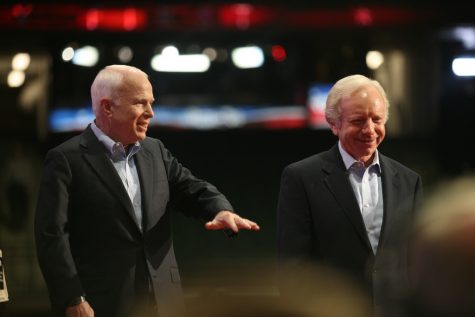
In Vermont, two candidates for a state House seat played a cello and guitar duet after a particularly contentious debate. Every person in the audience was caught by surprise and the event was lauded on major news networks for bridging the divide between the two parties. We don’t all need to play duets, but we do need to work to find that harmony and respect.
Senators John McCain and Joe Lieberman found it in their friendship, even when they were on different sides of an issue. I find it in discussions with my AP Government classmate. Regardless of how you find it, it’s crucial to our democracy that you do.
To play a duet isn’t just to play instruments at the same time. It’s about balance and listening, knowing when to play softly and when to let the melody dominate. We need to approach politics like a duet. Speak your mind, but always listen and be aware that a piece isn’t complete without the harmony.



